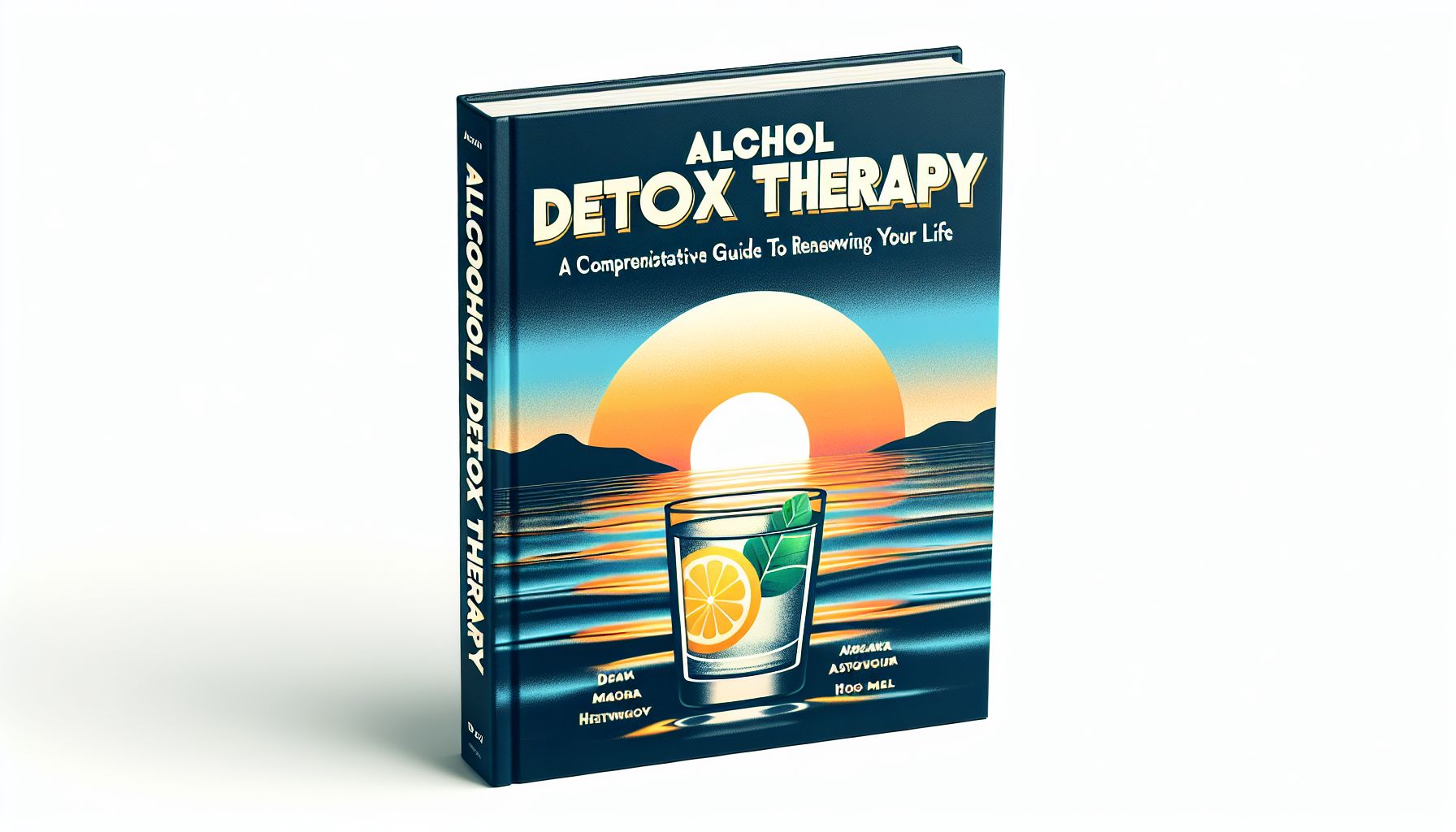Alcohol consumption becomes dangerous when it turns into an addiction, not just damaging the individual’s physical health, but also straining their relationships, career, and overall personal life. The National Institute on Alcohol Abuse and Alcoholism states that 14.4 million adults had Alcohol Use Disorder (AUD) in 2018 in the United States alone. This worrying statistic reveals the pervasive impact of alcohol-related issues and underscores the need for effective alcohol detox therapies. This article provides extensive insights into alcohol detox therapy, showing how it can be a life-changing path to recovery from alcohol dependence.
Understanding Alcohol Detox Therapy
Alcohol detox therapy, also known as alcohol detoxification, is the first crucial step towards recovery from alcohol addiction. This step involves flushing alcohol out of the system and managing withdrawal symptoms, which can range from mild anxiety and shivering to extreme conditions like seizures and hallucinations. Detoxification is recommended under medical supervision to handle these symptoms and prevent potential relapse – the process aims not just at physical stabilisation but also psychological support.
The Need for Alcohol Detox Therapy
Suffering from AUD isn’t merely a case of persistent overdrinking. It’s a chronic relapsing brain disease characterised by an impaired ability to stop or control alcohol use despite adverse social, occupational, or health consequences. Without proper professional help, breaking free from this destructive cycle can be challenging. The journey to sobriety starts with alcohol detox therapy – a medically monitored procedure that ensures safe withdrawal from alcohol use.
Stages of Alcohol Detox Therapy
Typically, alcohol detox therapy unfolds over three stages: evaluation, stabilisation, and fostering patient readiness for further treatment.
Evaluation
In this stage, medical professionals assess the patient’s personal and medical health histories. They will evaluate the level of alcohol consumption, the patient’s general health, and the existence of any underlying mental or physical illnesses. This helps identify the appropriate detoxification method and potential adjustments in the future recovery process.
Stabilisation
This second step involves a carefully guided and supervised withdrawal from alcohol. The treating professionals determine and administer the necessary medical and psychological interventions. The main aim is to control the potential physically and mentally challenging withdrawal symptoms and bring the patient to a medically stable, alcohol-free state. Close medical supervision is vital during this stage, as withdrawal symptoms can sometimes escalate to life-threatening conditions.
Preparing for Further Treatment
Detoxification alone is often insufficient in ensuring a complete recovery. After stabilisation, patients need to proceed with further therapy, counselling, and support groups to maintain sobriety. This step prepares them for long-term treatment, highlighting the importance of continued care and helping them develop coping mechanisms to prevent relapse.
Importance of Medically Assisted Detox
Detoxing at home might seem like a more convenient and less daunting option, but professional medical supervision during detoxification is vital. The withdrawal symptoms, both physical and psychological, can be severe and sometimes fatal. Hence, trying to detox at home without expert assistance could lead to health complications, incomplete detoxification, and a high risk of relapse.
A medically supervised detox, on the other hand, ensures safety, provides immediate care for withdrawal symptoms, prevents complications, and significantly decreases the risk of relapse. It’s not just about getting alcohol out of the system; it’s about preparing for a long-term commitment to recovery.
Coping with the Aftermath: Post-Detox Actions
While detoxification is a significant and crucial stride towards recovery, it is only the first step. Maintaining sobriety requires continued effort and a lifelong commitment. Post-detox, consider engaging in individual counselling or group therapy sessions. Rehabilitation programs, outpatient therapies, and support from family and friends also play essential roles in the journey towards a life free from alcohol addiction.
Conclusion
Alcohol detox therapy is the cornerstone for treatment of alcohol dependence. It’s a medically supervised procedure that ensures safety, offers immediate care for withdrawal symptoms, and prepares patients for long-term recovery. Remember, the battle against alcohol addiction is not over after detoxification. Continued care, therapy, and support are equally important for maintaining sobriety. If you or a loved one is struggling with alcohol addiction, seek immediate professional help. It’s never too late to take the first step towards a healthier, happier, and alcohol-free life.

